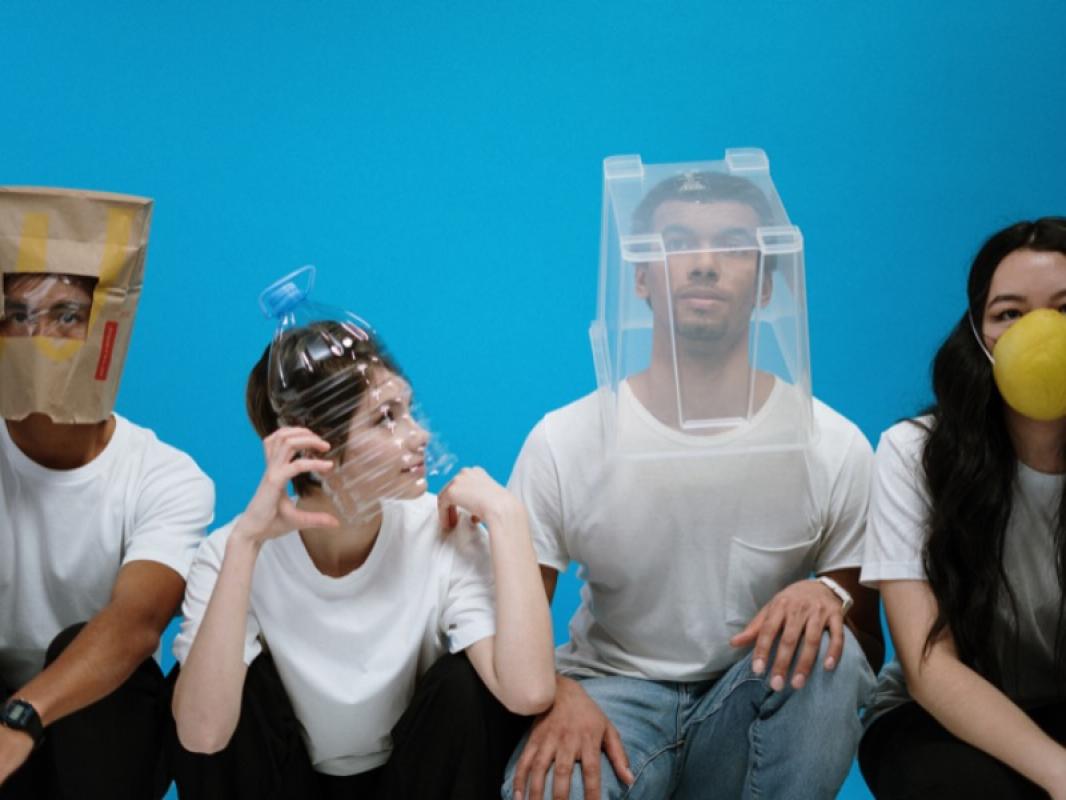By August 2020, everyone has been progressing through various stages of emotions while the pandemic crisis has progressed. Given the somewhat traumatic events of the recent months and a loss of normal life, the progression of emotions can be reminiscent of the 5 stages of Grief & Loss theory (developed by psychiatrist Elisabeth Kubler-Ross, suggests that humans go through five distinct stages of grief after a loss).
The Impact of Social Restrictions is highly dependent on social class – with higher social class having less overall impact
- Upper class, Generally less impacted
- e.g. White collar worker (corporate finance), college students etc
- More likely to be able to work from home - less affected financially
- Have access to own transport (not use public transport use) - more freedoms
- Lower class, More likely be impacted
- e.g. Daily wage earner, massage therapist
- Unable to work from home; so many have had a big impact on income•
- Need to use public transport, so that they are more exposed to risks generally
Reaction to government’s actions to pandemic are mixed - There is a real mix of sentiments depending on the level of engagement in local and global current affairs and news
- More negative - Tend to be more engaged; follow the news closely. They feel the government has dropped the ball and should do more to educate (many don’t follow the protocols). The are very skeptical of the government’s ability and actions to handle the pandemic. Compare more to other countries, and feel Indonesia has not performed as well
- More positive - Tend to have lower engagement overall, less closely follow the news and current affairs They are more optimistic, feel that the government has done a decent job; less likely to compare against other countries. They assume most people understand and follow protocols
There is a wide range of how behaviours emerging in how Indonesians are responding to the eased restrictions and how they are personally affected and react varies from overwhelmingly fearful to more optimistic
- Highly Fearful -More to higher social class; they are more opposed to easing of restrictions. They lack education on protocols and/or feel that not everyone in society understands (or cares). There is a concern of opening up too soon, and government not careful enough – continuing to see cases rise. They are highly frustrated at current situation, look to protect themselves and their families at all cost
- The Cautious Co-existers -Slight skew to middle to upper social class. They tend to be less stressed or afraid of the situation overall; feel that relaxation of PSBB is good for the economy. They recognize the need to balance health & economy and they are being sensible - taking the necessary precautions..… but hey are more relaxed in their outlook; as if the immediate overwhelming threat has eased.
- Relieved Optimists -More to lower social class. Show an overwhelming relief that businesses are reopening, can return to work or get a job. They are optimistic, hoping that financial will recovery soon occur and they are happy that public spaces are opening and can go back and enjoy them – back to normal routine
Even though the pandemic has not drastically improved, Indonesians are resilient and adopting new lifestyles and behaviours and finding new ways to cope and be optimistic
- Realigning to the positive, getting ready for the future - As we have seen from the start, uncertainty and social isolation has strongly impacted mental health; but now Indonesians are starting pivoting to the future
- While Indonesians are entering a stage of acceptance, there’s still an ongoing sense of boredom & frustration for many…So the need to nurture mental health and turn to religion continues
- Functional aspects of the new way of life have become more routine for most Indonesians. We have seen economic resilience, ingrained health rituals and normalisation of WFH
- Maintaining interaction with and support for others in the community continues as a priority - There are new ways to Celebrate milestones & everyday events alike - Learning to live with the pandemic, not putting life on hold
With so much still uncertain, we see a mix of optimistic and pessimistic views of what will happen in next 6-12 months.
Conclusions
It is evident that for the most part Indonesians have progressed to a mindset of Acceptance of the situation and are looking towards the future. They have progressed through the stages of shock/denial, anger, bargaining and depression.
Given this, brands should bring a more positive narrative as people have already passed the stage of Anger and Depression, into Acceptance & Hope:
- Comfort seeking & escapism dominates
- ‘Show must go on’ mindset – Not willing to put life on hold any longer
This article based on a webinar on 27 August, 2020. Please download the Presentation File here.
For more information, please view the webinar recordings:
- YouTube: Illuminate Asia
- Spotify podcast: Illuminate Asia


